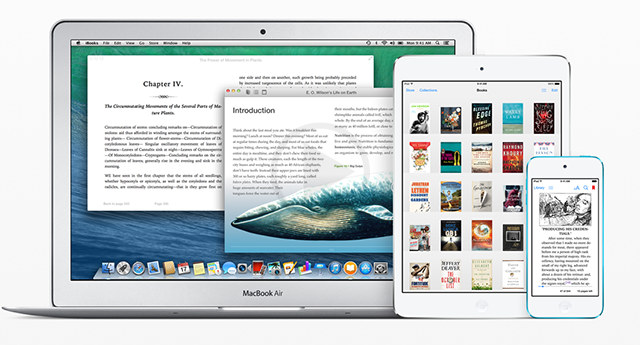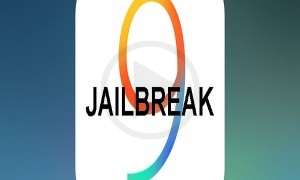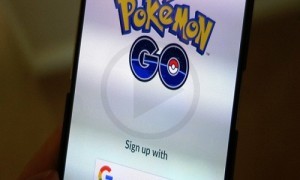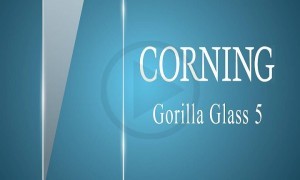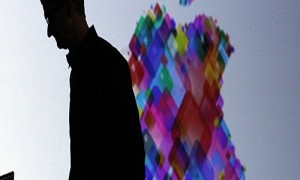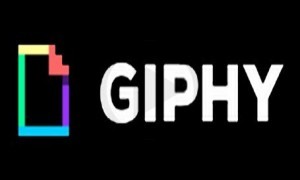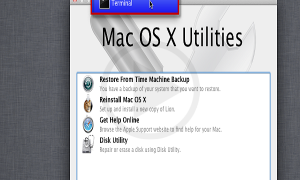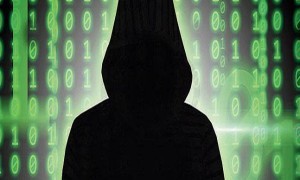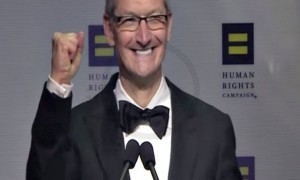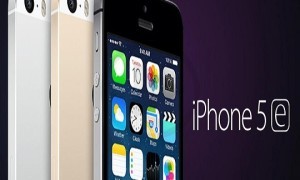Indeed, the case regarding the ebook that began in 2012 when the US government blamed Apple for value, altering at long last finished yesterday when the Supreme Court declined to hear Apple’s allure. That left the first managing in place, implying that Apple is authoritatively liable of against the aggressive conduct and will need to fork out $450M in remuneration.
The role played by Apple
There’s no doubt the right result was come to in law. Apple has purposely set out to alter costs, it struck mystery arrangements, and it intended to control the digital book market. Messages from Steve Jobs affirmed the administration’s claim that Apple struck the arrangements in the conviction that buyers would wind up paying more for ebooks.
A small recap
We should begin with a brief recap. Ebooks were, at the time, sold on what’s known as the wholesale model. Distributors sold ebooks to retailers in the very same way that organizations offer gadgets. In the event that you needed to retail ebooks, you told the distributor what number of ebooks you needed to purchase, they gave you a wholesale cost and you could exchange them at any value you loved. Whether you made a benefit, made back the initial investment or sold them at a misfortune was totally up to you.
So before Apple entered the business sector, customers were getting a decent arrangement. They were paying altogether less for ebooks than distributors needed to charge. Then came along Apple. What Apple needed was to change the estimating model to what’s known as the office model. There, the distributor sets the retail cost for the book, and the wholesale cost is a rate markdown from the retail cost. This is, obviously, the same model Apple utilizes as a part of its App Stores.
The imaginable aftereffect of that arrangement was that purchasers would wind up paying the value distributors needed to charge – ordinarily $12.99 and up at the time – and Apple would take a 30% cut.

